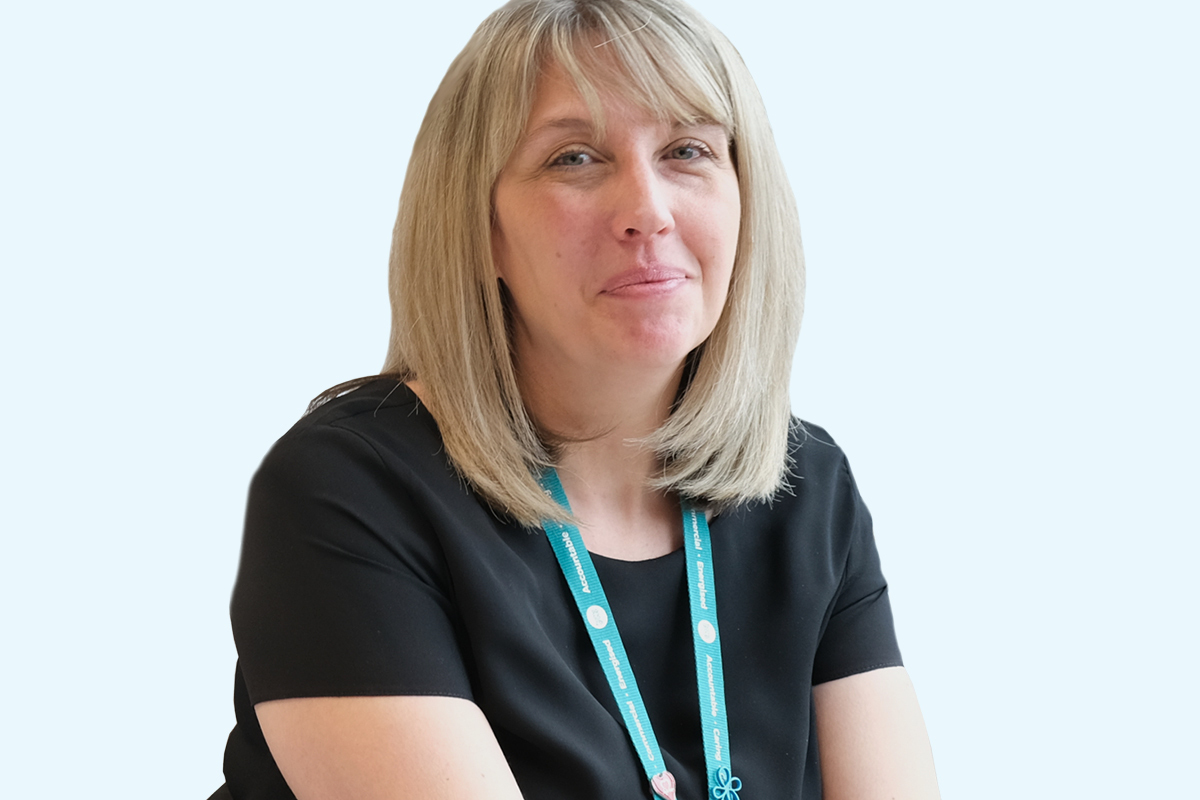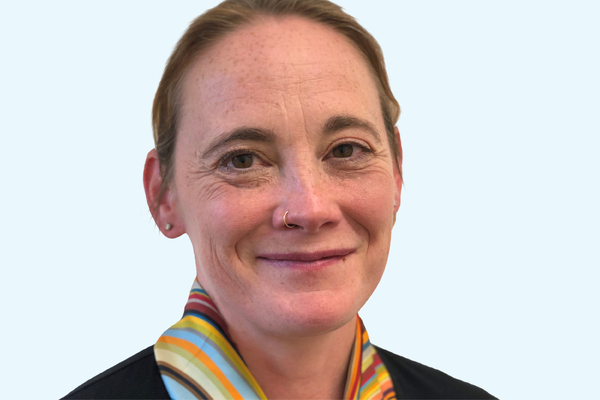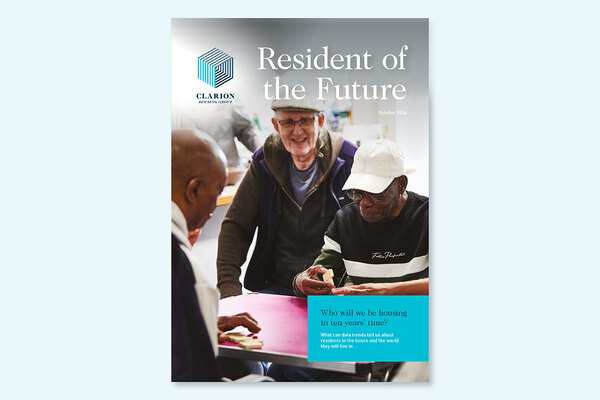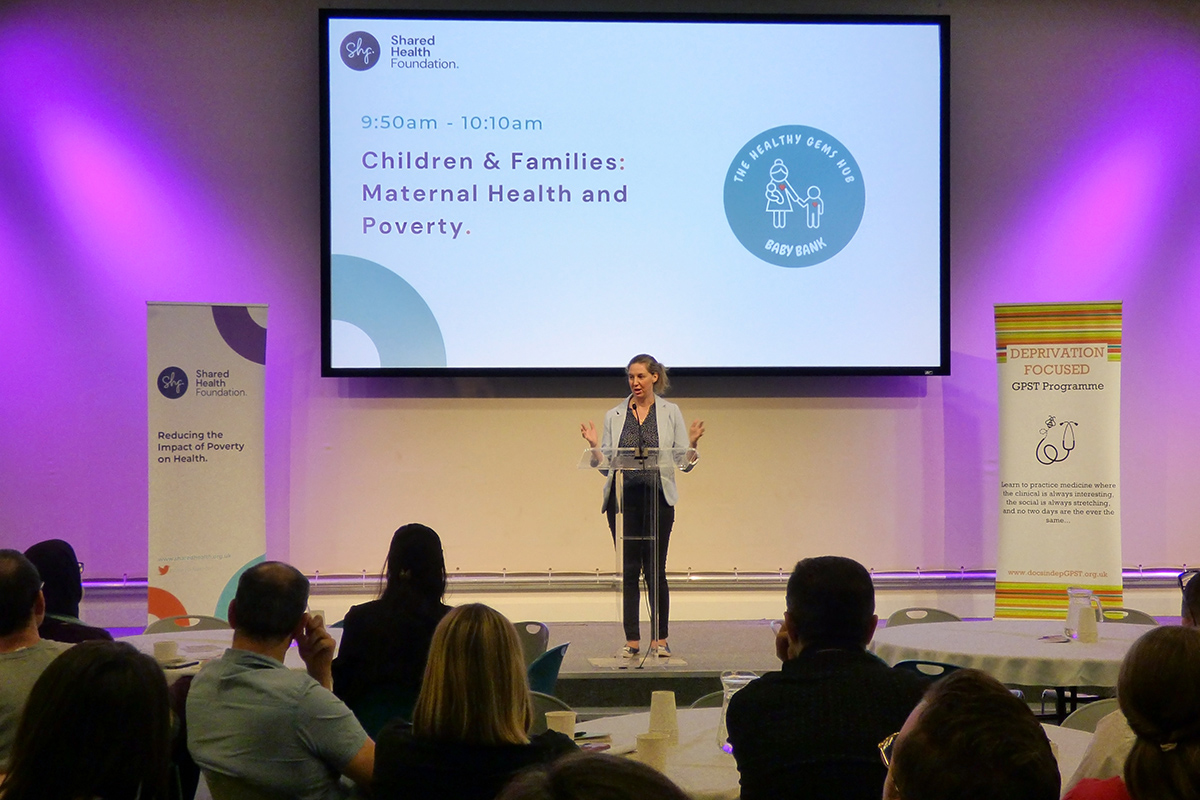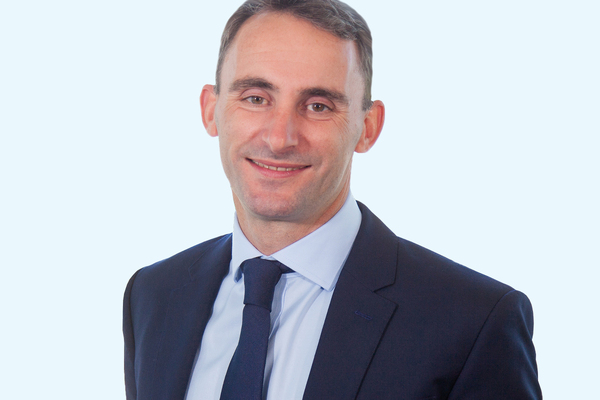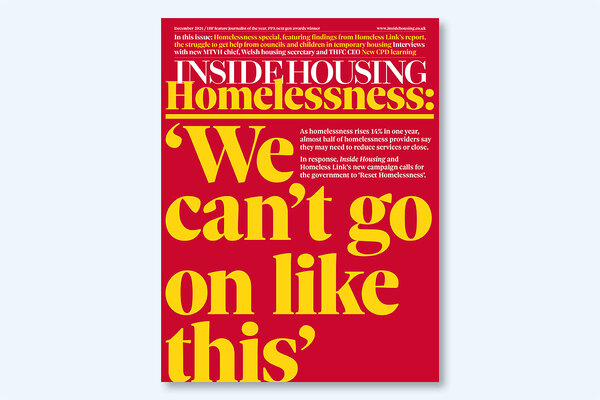Has COVID permanently changed the way we support our customers?
Social housing customers have gone through some of the most challenging times in their lives over the past few years, yet still not enough is being done to support them, suggests Zara Kelly, financial inclusion manager at Home Group
Gandhi, the Indian independence activist known for non-violent resistance, was the master of aphorisms. Among them was, “The true measure of any society can be found in how it treats its most vulnerable members”.
What would be his view of the UK’s treatment of its most vulnerable? Probably what many of us have seen in our school reports at one time: could do better!
Last month signalled four years since COVID-19 ran amok across the UK, turning people’s lives upside down in the process.
While still reeling from COVID, a cost of living crisis created even more turmoil from which many are still struggling to recover. The past four years have been truly horrendous for many of our customers here at Home Group, as they have been for thousands of housing associations’ customers across the UK.
We began the service in February 2020, thinking we would ease our way into the process. That theory went out of the window a month later.
Within weeks of COVID landing on our shores, we were inundated with calls from customers, most of them at their wits’ end trying to come to terms with the financial effect of the pandemic, lockdown and furlough. Initially, we struggled to meet demand, but ultimately meet demand we did... and then some.
Fast forward four years and we have grown from a team of two into a team of 24 whose specialist knowledge has grown exponentially – growth matched only by their commitment to support our customers.
“During these past four years we have received over 17,000 referrals into the service. We’ve increased almost 3,000 customers’ income through lump-sum payments by a total of £3.2m and increased close to 3,500 customers’ ongoing income by £15m”
During these past four years we have received over 17,000 referrals into the service. We’ve increased almost 3,000 customers’ income through lump-sum payments by a total of £3.2m and increased close to 3,500 customers’ ongoing income by £15m. On average, that is £1,000 and £4,000 per customer, respectively.
The team has gone over and above to make a difference to thousands of people’s lives, and continue to do so daily.
Despite our efforts, and the efforts of hundreds of our counterparts in the sector, there are still obstacles hindering us in helping to keep people’s heads above water. The obstacles below are just a few that, if removed or adapted, would enrich the lives of so many.
One issue causing a financial strain on people in social housing is having mixed-age couples on Universal Credit instead of pension-age benefits.
Pension-age people on a state pension have their full state pension taken into account under Universal Credit. Standard Universal Credit for a mixed-aged couple is £340 lower than the state pension for one person, so mixed-age couples are losing out massively.
It also potentially leaves the younger of the two with no income and the older one having to support their partner and use £340 of their state pension before they are entitled to any further income.
At the other end of the spectrum, the impact of certain policies relating to children is causing equal dismay.
The two-child limit introduced in 2017 as part of a set of welfare reforms has affected 1.5 million children (one in every 10 in the UK). Every year, more and more children are born without the state support offered to their siblings.
“Reports and findings from the Joseph Rowntree Foundation and Citizens Advice point to significant numbers of children living in poverty because of the two-child limit”
The End Child Poverty coalition, an alliance of over 100 children’s and anti-poverty charities, are among many pushing for the abolition of the policy.
Reports and findings from the Joseph Rowntree Foundation and Citizens Advice point to significant numbers of children living in poverty because of the two-child limit. The majority of families with three children will receive an additional £16.95 in child benefit from last month (April 2024), which critics say falls short when families aim to provide the basics, such as food and clothing.
The Tax-Free Childcare scheme offers up to £2,000 a year per child towards childcare costs, and while 1.3 million families are eligible, over 800,000 aren’t using the support. Some critics say one of the reasons for the low take-up is the name, which is confusing and may put people off.
Another could be the process. It would seem better to pay childcare providers directly through trusted partnerships. This could support families better to get back into work. Having to pay upfront costs themselves and claim it back, even with the recent changes, can prove a financial step too far for some.
But the childcare provider receiving this directly, similarly to the free hours, would encourage take-up and help people back into work without the concerns of restrictive childcare costs.
The issues, or policies, highlighted here represent only a handful of those that, if changed, adapted or done away with completely, would make the world of difference to thousands in need of greater support.
Another aphorism attributed to Gandhi was, “You must be the change you want to see in the world”.
Zara Kelly, financial inclusion manager, Home Group
Sign up to the Inside Housing Communications Conference 2024
With an upcoming election, and a raft of regulatory changes within the Social Housing (Regulation) Act aimed at improving communication between landlords and tenants, housing communicators are navigating a multitude of priorities in an ever-changing environment.
Join over 250 communications professionals and hear from 50 speakers across three content streams covering both internal and external communications. The conference will explore how to influence key stakeholders and deal with emerging issues in a transparent and empathetic way to improve the lives of those in our communities.

